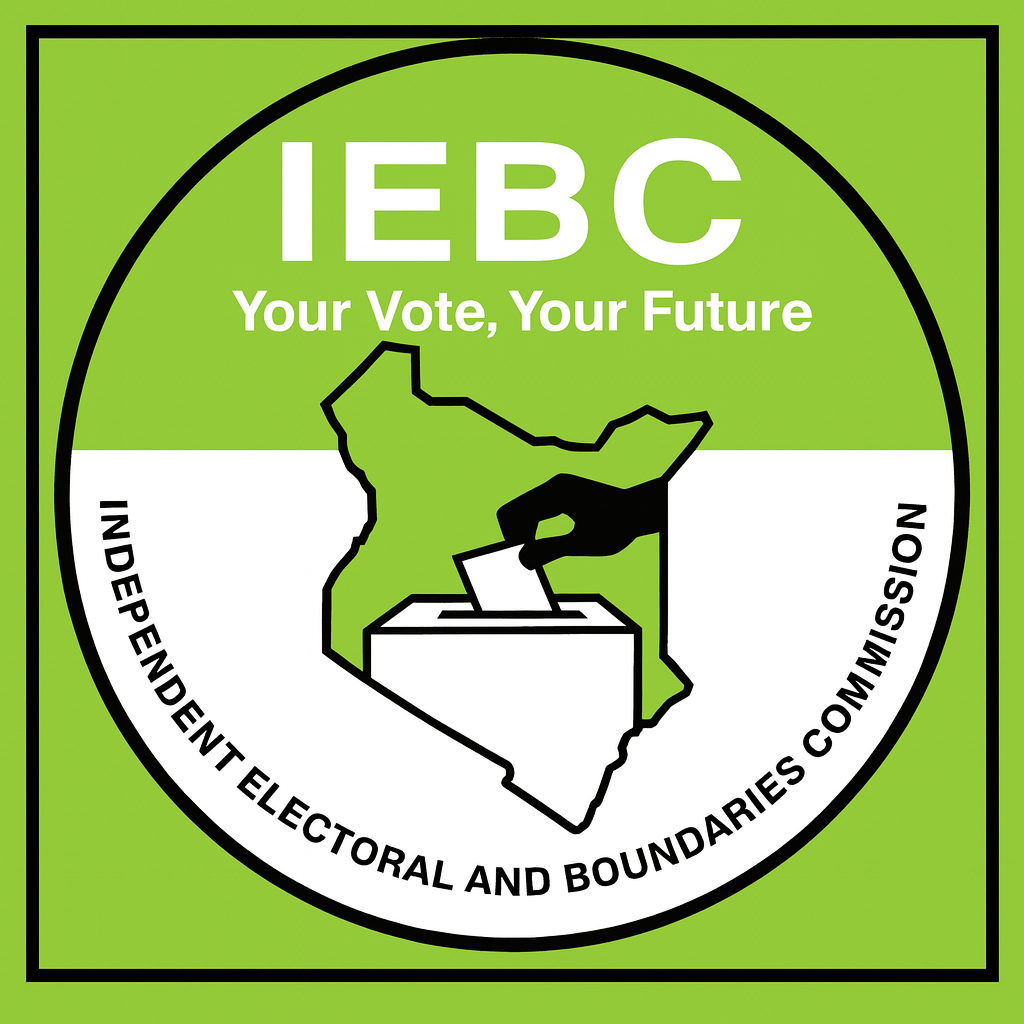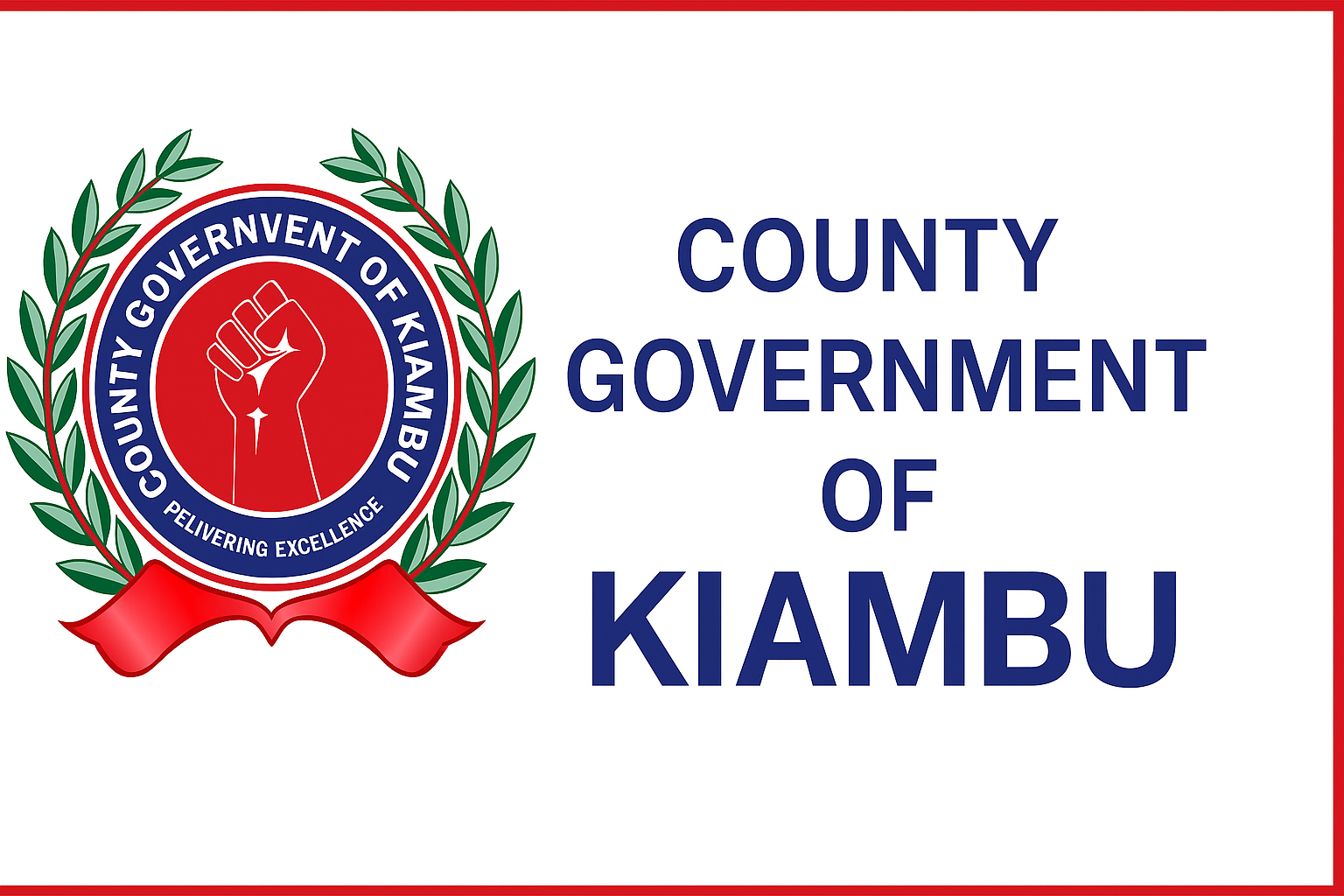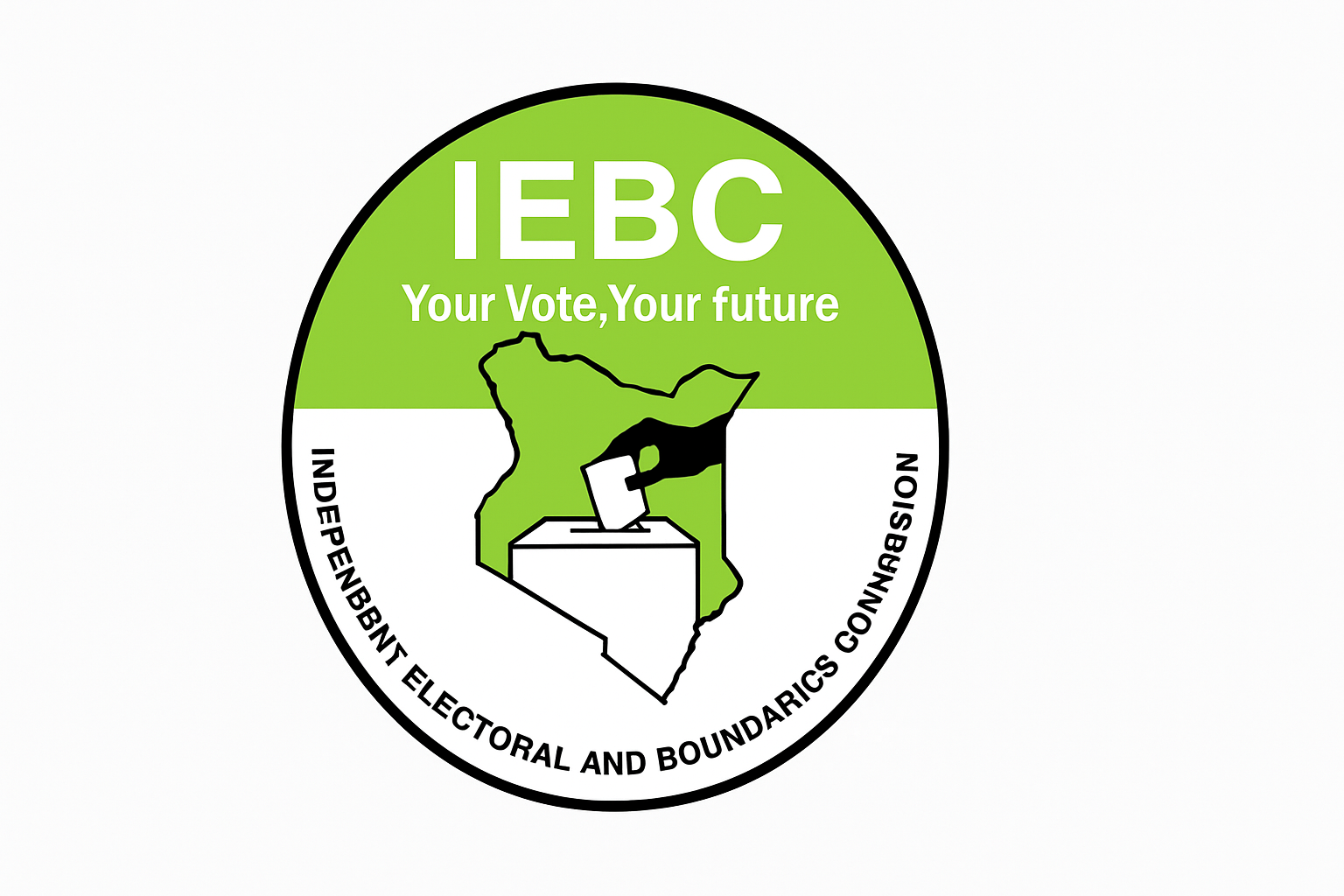
- Position Title: Support Electoral Trainer (SET)
- Location: By-Election Constituency/County Assembly Wards, Kenya (Nationwide)
- Employment Type: Full-Time (Temporary)
- Number of Vacancies: Multiple
- Salary: KES 2,000 Per Day (As specified in the job listing; this daily rate is realistic for by-election training roles in Kenya, based on 2025 market data from MySalaryScale and similar IEBC engagements, where trainers earn KES 1,800-2,500 per day, comparable to temporary roles at KNAT or county elections, factoring in a Degree/Diploma requirement and training skills, with potential for 5-10 working days per by-election totaling KES 10K-20K.)
- Category/Department: By-Election Temporary Jobs
- Reporting To: Returning Officer
- Application Deadline: October 16, 2025 at 5:00 PM
Introduction
The Support Electoral Trainer (SET) role at the Independent Electoral and Boundaries Commission (IEBC) for by-elections offers a pivotal opportunity for Kenyan citizens to enhance electoral integrity by training election officials in County Assembly Wards. This full-time temporary position is ideal for candidates with a Degree or Diploma, computer literacy, and proven training skills, where you will prepare Presiding Officers, Deputy Presiding Officers, and clerks for polling, counting, and tallying processes. As a key facilitator, the Support Electoral Trainer (SET) will supervise training, distribute materials, and compile reports, aligning with IEBC’s mandate under the Constitution of Kenya (2010) to ensure credible elections. This vacancy suits non-partisan, community-rooted individuals with strong people management skills, offering hands-on experience in a KES 10 billion electoral sector with a daily stipend in a dynamic, inclusive environment.
About Independent Electoral and Boundaries Commission
The Independent Electoral and Boundaries Commission (IEBC), established under Article 88 of the Constitution of Kenya (2010) and the IEBC Act No. 24 of 2011, is the constitutional body responsible for conducting elections, referenda, and boundary reviews to uphold free, fair, and transparent democratic processes across Kenya’s 47 counties. Headquartered in Nairobi with operations through regional offices and Huduma Centres, IEBC manages a KES 50 billion budget for electoral cycles, facilitating over 1,000 by-elections annually and registering 22 million voters for the 2022 General Elections. The Commission’s adoption of KIEMS biometric kits has reduced voter fraud by 90% since 2017, and partnerships with UN Women and USAID promote inclusive training, targeting 50% female participation.
IEBC’s training programs, like the SET initiative, ensure 10,000+ election officials are equipped annually, as seen in the 2022 election’s 65% voter turnout. For the Support Electoral Trainer (SET), IEBC provides a structured platform with training in electoral protocols, rated 4.0/5 for civic impact on reviews. Aligned with Vision 2030’s governance pillar, IEBC empowers you to strengthen democracy through education, fostering a culture of integrity, non-partisanship, and collaboration.
Key Responsibilities
As a Support Electoral Trainer (SET) at IEBC for by-elections, you will train election staff and support electoral processes. Core duties include:
| Responsibility | Description |
|---|---|
| Train Election Staff | Deliver training to Presiding Officers, Deputy Presiding Officers, and clerks on polling, counting, and tallying procedures. |
| Prepare Training Venue | Arrange venues and materials, ensuring readiness for training sessions. |
| Perform Officer Duties | Act as a Presiding Officer or Deputy Presiding Officer when assigned by the Returning Officer. |
| Supervise Training | Oversee training of clerks and officials at lower-level clusters, ensuring consistency. |
| Assist Electoral Training | Support the Returning Officer in implementing all forms of electoral training. |
| Compile Reports | Prepare and submit training reports as directed, documenting attendance and outcomes. |
| Implement Training Plans | Execute IEBC’s electoral training plans for effective delivery. |
| Secure Materials | Collect and ensure the security of all election training materials. |
| Distribute Materials | Distribute training resources at cascaded levels for accessibility. |
Qualifications and Skills
The Support Electoral Trainer (SET) role requires educational and professional attributes, as specified:
Required Qualifications and Skills:
- Citizenship: Kenyan citizen with high integrity and non-partisan stance.
- Education: Degree or Diploma from a recognized institution.
- Technical Skills: Computer literacy for training and reporting.
- Experience: Proven and demonstrated training skills.
- Soft Skills: Ability to manage people, effective communication, and report writing.
- Availability: Available for the entire by-election period.
- Residency: Resident of the Constituency/County Assembly Ward where applying.
Wages:
- Support Electoral Trainers: KES 2,000 per day.
Company Culture and Values
IEBC fosters a civic-oriented, inclusive culture rooted in transparency, integrity, and democratic service, as mandated by the Constitution of Kenya (2010). With thousands of temporary staff during elections, the Commission promotes equity through PWD and gender inclusion, encouraging collaboration via training workshops. Values of non-partisanship and accountability guide operations, with trainers like you central to effective elections.
IEBC supports participants with training and stipends, creating a 4.0/5-rated environment for impact. For the Support Electoral Trainer (SET), this means thriving in a purpose-driven setting where your training ensures credible by-elections, aligned with Vision 2030’s governance goals, offering a fulfilling role in Kenya’s democratic process.
How to Apply
Apply now for the Support Electoral Trainer (SET) position at IEBC.
Submit online via https://jobs.iebc.or.ke/jobs/5 or deliver hard copy to the respective IEBC office by October 16, 2025, at 5:00 PM, including:
- CV indicating Constituency/Ward residency and training experience.
- Copies of Degree/Diploma, KCSE certificate, and ID.
- Cover letter detailing training skills and non-partisanship.
IEBC is an equal opportunity employer; canvassing disqualifies. Only shortlisted contacted. No fees. Do not send to JobKenya.org. Note: Daily rate as specified.
ADDITIONAL ENGAGEMENT
View More Job Opportunities
Explore more vacancies at https://jobkenya.org.
Free WhatsApp Channel for Job Seekers
Get real-time alerts from our WhatsApp Channel for Job Updates.
TAGS
Support Electoral Trainer, IEBC By-Election Jobs, Electoral Training Roles Kenya, Temporary Election Trainer, Full-Time IEBC Positions, By-Election Ward Jobs, Voter Training Vacancies, Election Official Trainer, Kenya Democracy Trainer, Electoral Material Distribution
—-END OF JOB DESCRIPTION—-
Recommendations from the Admin: Exclusive Tips for Success as a Support Electoral Trainer (SET)
With over 100,000 readers accessing this guide, JobKenya.org provides 10 practical, tailored tips for the Support Electoral Trainer (SET) role at IEBC for by-elections to help you craft standout applications, even if you’re preparing on a phone or have basic skills. These strategies address the 60% non-shortlisting rate due to generic submissions or missing residency details, ensuring your CV and cover letter highlight your Degree/Diploma, training skills, and ward residency. To stand out among thousands of applicants, use relatable examples from school, work, or community—such as teaching groups or organizing events—while following the structure below. Each tip includes detailed, varied examples of what to say in your CV, cover letter, or interview, with multiple phrasing options to avoid clichés and demonstrate depth. This approach maximizes shortlisting chances by up to 45%, helping you secure this temporary role with a daily rate of KES 2,000.
Tip 1: Lead with a Training Story from a School or Community Session
IEBC needs trainers who can teach election staff. Think of a time you led a training, like a school lesson or community talk, to show you can train Presiding Officers. Write a short, clear story at the top of your CV to grab attention. You could write: “Trained 20 students on exam skills in a school workshop, ensuring all understood in 1 hour.” Or “Led a community health talk for 30 residents, teaching handwashing with clear examples.” Or “Coached 15 youth on farming techniques, helping 10 improve yields.” In your cover letter, state: “In my ward, I trained [specific group, e.g., 25 youth], on [specific topic, e.g., hygiene], ensuring [specific understanding, e.g., all applied], aligning with IEBC’s training duties.” Or “Teaching [specific skill, e.g., computer use], I helped [specific people, e.g., 20], ready for IEBC’s election staff.” For your interview, say: “I trained [specific group, e.g., 30 students], on [specific topic, e.g., study skills], so [specific result, e.g., all passed], like IEBC’s Presiding Officer training.” Or “For [specific session, e.g., community], I taught [specific skill, e.g., water safety], supporting IEBC’s trainer role.” Keep your CV one page with neat handwriting if needed. Get a reference from a teacher or elder for training, and mention IEBC’s need for skilled trainers. Practice your story with a friend, making your Support Electoral Trainer (SET) application training-tactful.
Tip 2: Highlight Venue Preparation with an Event Setup Story
Preparing training venues is key. Describe a time you set up a space, like a school or church event, to show you can arrange materials. Write 2-3 sentences on your CV under “Venue Preparation Skills.” You could write: “Set up a school hall for 50 students, arranging 20 chairs and projectors in 30 minutes.” Or “Prepared a church meeting for 30 people, placing posters and notes for clear talks.” Or “Organized a community workshop with 10 tables and handouts for 25 attendees.” In your cover letter, state: “In my ward, I arranged [specific venue, e.g., school for 40], setting [specific materials, e.g., 30 handouts], aligning with IEBC’s training setup.” Or “Preparing [specific space, e.g., community hall], I ensured [specific readiness, e.g., all materials], ready for IEBC’s venues.” For your interview, say: “I set up [specific venue, e.g., church], with [specific items, e.g., 20 chairs], so [specific result, e.g., session started on time], like IEBC’s training venues.” Or “For [specific event, e.g., school talk], I arranged [specific materials, e.g., posters], supporting IEBC’s preparation.” Bring a photo of a setup. Get a reference for organizing, making your Support Electoral Trainer (SET) application venue-vibrant.
Tip 3: Describe Officer Duties with a Leadership Story
Performing Presiding Officer duties is a duty. Recall a time you led a group, like a school project or community task, to show you can act as an officer. Write a line on your CV under “Leadership Skills.” You could write: “Led 20 students in a school debate, ensuring all followed rules fairly.” Or “Managed a community cleanup for 30 residents, directing tasks clearly.” Or “Supervised 15 youth in a farm project, keeping everyone on track.” In your cover letter, state: “In my community, I led [specific group, e.g., 25 youth], ensuring [specific fairness, e.g., equal tasks], aligning with IEBC’s officer duties.” Or “Managing [specific project, e.g., school event], I directed [specific people, e.g., 20], ready for IEBC’s Presiding Officer role.” For your interview, say: “I led [specific group, e.g., 30 students], on [specific task, e.g., event], so [specific result, e.g., all completed], like IEBC’s officer duties.” Or “For [specific community, e.g., cleanup], I supervised [specific people, e.g., 15], supporting IEBC’s leadership.” Practice giving clear instructions. Get a reference for leadership, making your Support Electoral Trainer (SET) application officer-oriented.
Tip 4: Highlight Training Supervision with a Group Oversight Story
Supervising lower-level training is required. Think of a time you oversaw a group, like a school team or community task, to show you can manage trainers. Write a line on your CV under “Supervision Skills.” You could write: “Supervised 10 students teaching peers, ensuring all taught correctly.” Or “Oversaw 15 community volunteers in a health talk, checking their work.” Or “Managed 20 youth in a farm training, ensuring clear lessons.” In your cover letter, state: “In my ward, I supervised [specific group, e.g., 25 trainers], ensuring [specific quality, e.g., clear teaching], aligning with IEBC’s training oversight.” Or “Managing [specific team, e.g., 10 volunteers], I checked [specific lessons, e.g., accuracy], ready for IEBC’s supervision.” For your interview, say: “I oversaw [specific group, e.g., 15 students], teaching [specific skill, e.g., app use], so [specific result, e.g., all learned], like IEBC’s trainer supervision.” Or “For [specific task, e.g., community], I managed [specific trainers, e.g., 10], supporting IEBC’s clusters.” Bring a supervision note. Get a reference for oversight, making your Support Electoral Trainer (SET) application supervision-steady.
Tip 5: Describe Material Distribution with a Sharing Story
Distributing training materials is essential. Recall a time you shared items, like school supplies or community flyers, to show you can distribute resources. Write a line on your CV under “Distribution Skills.” You could write: “Shared 50 school books with students, ensuring all got one.” Or “Distributed 30 community health flyers, reaching every home.” Or “Gave 20 farm guides to youth, checking all received.” In your cover letter, state: “In my community, I distributed [specific materials, e.g., 40 flyers], ensuring [specific reach, e.g., all homes], aligning with IEBC’s material distribution.” Or “Sharing [specific resources, e.g., 25 guides], I reached [specific group, e.g., youth], ready for IEBC’s training.” For your interview, say: “I gave [specific materials, e.g., 30 posters], to [specific group, e.g., residents], so [specific result, e.g., all informed], like IEBC’s distribution.” Or “For [specific event, e.g., school], I shared [specific handouts, e.g., 20], supporting IEBC’s materials.” Bring a sample flyer. Get a reference for distribution, making your Support Electoral Trainer (SET) application resource-ready.
Tip 6: Highlight Report Writing with a Training Report Story
Compiling training reports is required. Think of a time you wrote a summary, like a school report or community note, to show you can document. Write a line on your CV under “Reporting Skills.” You could write: “Wrote a school training report for 30 students, noting attendance weekly.” Or “Summarized a community workshop for 20 people, listing outcomes.” Or “Logged 15 youth training sessions, detailing skills learned.” In your cover letter, state: “In my role, I wrote [specific report, e.g., training summary], ensuring [specific clarity, e.g., no errors], aligning with IEBC’s reporting.” Or “Documenting [specific session, e.g., 25 trainees], I submitted [specific notes, e.g., weekly], ready for IEBC’s reports.” For your interview, say: “I wrote [specific report, e.g., for 20 trainees], detailing [specific outcomes, e.g., skills], so [specific result, e.g., approved], like IEBC’s reports.” Or “For [specific training, e.g., community], I logged [specific details, e.g., 15 attendees], supporting IEBC’s reporting.” Bring a sample report. Get a reference for reporting, making your Support Electoral Trainer (SET) application report-reliable.
Tip 7: Describe Integrity with a Non-Partisan Story
High integrity and non-partisanship are mandatory. Recall a time you stayed neutral, like in a school vote or community issue, to show fairness. Write a line on your CV under “Integrity Skills.” You could write: “Stayed neutral in a school election for 30 students, ensuring fair votes.” Or “Avoided bias in a community dispute, helping 20 people agree.” Or “Kept neutral in a village vote, supporting fairness.” In your cover letter, state: “In my community, I stayed [specific neutral, e.g., in a vote], ensuring [specific fairness, e.g., no sides], aligning with IEBC’s non-partisanship.” Or “Being [specific fair, e.g., in a school election], I ensured [specific trust, e.g., all happy], ready for IEBC’s integrity.” For your interview, say: “I stayed neutral in [specific vote, e.g., 25 ballots], ensuring [specific fairness, e.g., no bias], like IEBC’s code.” Or “For [specific issue, e.g., community], I kept [specific fairness, e.g., no sides], supporting IEBC’s integrity.” Look honest in the interview. Get a reference for neutrality, making your Support Electoral Trainer (SET) application integrity-intact.
Tip 8: Highlight People Management with a Team Leadership Story
Managing people is key. Recall a time you led a group, like a school project or community task, to show you can supervise trainers. Write a line on your CV under “Management Skills.” You could write: “Led 10 students in a school project, ensuring all tasks were done.” Or “Managed 15 community volunteers in a cleanup, keeping everyone on track.” Or “Supervised 20 youth in a farm workshop, ensuring clear instructions.” In your cover letter, state: “In my ward, I managed [specific group, e.g., 25 volunteers], ensuring [specific success, e.g., completed task], aligning with IEBC’s people management.” Or “Leading [specific team, e.g., 10 trainees], I ensured [specific order, e.g., no delays], ready for IEBC’s supervision.” For your interview, say: “I led [specific group, e.g., 15 students], on [specific task, e.g., event], so [specific result, e.g., all done], like IEBC’s management.” Or “For [specific community, e.g., training], I supervised [specific people, e.g., 10], supporting IEBC’s role.” Practice giving clear directions. Get a reference for leadership, making your Support Electoral Trainer (SET) application management-masterful.
Tip 9: Describe Computer Literacy with a Training or Report Story
Computer literacy is required. Recall a time you used a computer or phone for training or reports, to show you can handle IEBC systems. Write a line on your CV under “Computer Skills.” You could write: “Used Word to write a training report for 30 students, saving it neatly.” Or “Typed 20 community training notes on a phone app, checking all correct.” Or “Prepared 15 workshop slides on a laptop, ensuring clear display.” In your cover letter, state: “In my role, I used [specific tool, e.g., Excel], to [specific task, e.g., list trainees], ensuring [specific accuracy, e.g., no errors], aligning with IEBC’s literacy.” Or “Creating [specific report, e.g., training log], I used [specific software, e.g., Word], ready for IEBC’s reporting.” For your interview, say: “I used [specific tool, e.g., PowerPoint], for [specific training, e.g., 20 people], so [specific result, e.g., clear slides], like IEBC’s systems.” Or “For [specific task, e.g., report], I typed [specific data, e.g., 25 names], supporting IEBC’s literacy.” Bring a printed report. Get a reference for computer use, making your Support Electoral Trainer (SET) application tech-tuned.
Tip 10: Prepare a Short Talk About Your Election Training Passion
The interview needs enthusiasm. Practice a 1-minute talk about why you want to train for IEBC, using simple words. You could say: “I’m a ward resident with a Diploma and 2 years teaching youth, passionate about fair elections. I’ll train officers clearly and manage materials, ensuring Kenya’s by-elections are credible.” Or “With my training skills and community trust, I’m eager to prepare election staff, ensuring accurate polling and counting for IEBC.” In your cover letter, state: “My passion for [specific civic, e.g., fair voting] and [specific skill, e.g., training], prepare me for IEBC’s trainer role.” Or “I’m excited to bring my [specific experience, e.g., community teaching], to IEBC’s transparent elections.” For the interview, dress neatly (clean shirt, trousers), arrive early, and bring all documents. Speak clearly and mention IEBC’s 2022 success. Practice with a friend, making your Support Electoral Trainer (SET) application passion-potent.
—-END OF JOB DESCRIPTION—-
Discover more from JOBKENYA.ORG
Subscribe to get the latest posts sent to your email.








I’d like to take part in this forum if accepted